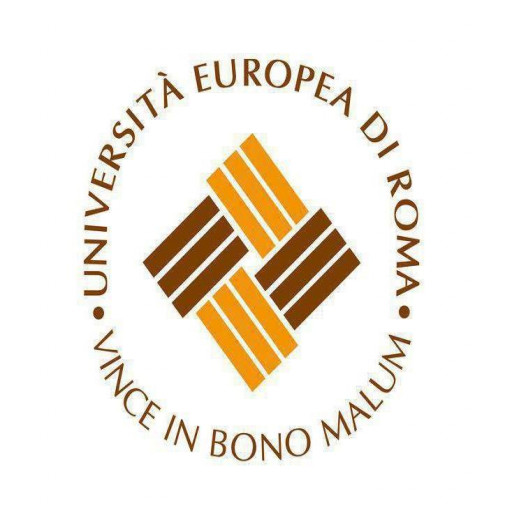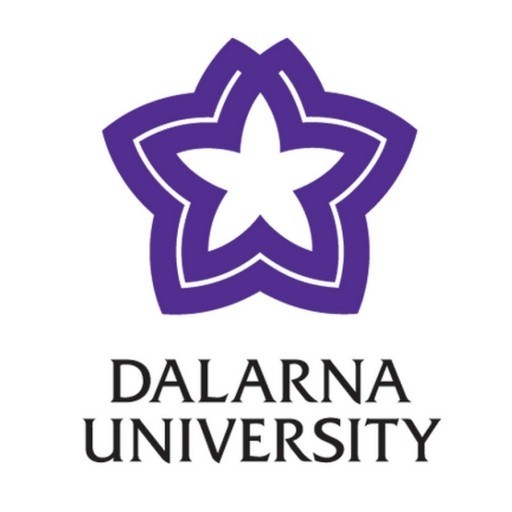Photos of university / #officialuom
Management and Implementation of Development Projects is a comprehensive master's programme offered by The University of Manchester, designed to equip students with the essential knowledge and practical skills required to successfully manage and implement development projects in various international contexts. This programme combines theoretical frameworks with real-world applications, enabling graduates to understand the complexities of development initiatives, from planning and execution to monitoring and evaluation. Students will explore key topics such as project design, funding mechanisms, stakeholder engagement, risk assessment, and sustainable development practices. The curriculum emphasizes interdisciplinary approaches, incorporating principles from economics, social sciences, and environmental studies to prepare students for the multifaceted challenges of development work. Through a mix of lectures, case studies, group work, and field projects, participants will develop critical analytical abilities and practical competencies that are essential for effective leadership in development projects. The programme also offers opportunities for networking with practitioners, policymakers, and experts in the field, fostering valuable professional relationships and insights. Graduates of the programme are well-equipped to pursue careers in international development agencies, non-governmental organizations, governmental bodies, and private sector organizations involved in development activities. They will be capable of designing, managing, and evaluating development projects that aim to foster economic growth, social inclusion, and environmental sustainability. The University of Manchester's focus on research-led teaching ensures that students are engaged with the latest developments and innovative practices in the field. Overall, this programme aims to produce skilled development professionals who can contribute effectively to global development initiatives, implementing projects that create lasting positive impacts in communities worldwide.
The MSc in Management and Implementation of Development Projects at The University of Manchester is a comprehensive postgraduate program designed to equip students with the critical skills and knowledge required to succeed in the dynamic field of development project management. This program offers an in-depth exploration of the principles, practices, and strategies involved in planning, executing, and evaluating development projects across diverse sectors and regions. Students will engage with a wide range of topics including project cycle management, stakeholder analysis, financial and economic appraisal, monitoring and evaluation, and sustainable development practices. The curriculum emphasizes both theoretical foundations and practical applications, ensuring graduates are prepared to address real-world challenges faced by development organizations, NGOs, governmental agencies, and private sector entities involved in development initiatives.
Throughout the program, students will participate in case studies, group projects, and simulations that simulate real-world scenarios, providing invaluable experiential learning opportunities. The program also emphasizes the importance of evidence-based decision making and ethical considerations in project management. Students will develop critical skills in leadership, communication, and teamwork, which are essential for managing complex development projects effectively. The program benefits from expert faculty with extensive experience in international development and project management, as well as strong links to practitioners and organizations working in the development sector.
In addition to core modules, students have opportunities to specialize or tailor their learning through elective modules that address emerging issues such as climate change adaptation, social inclusion, and technological innovation in development projects. The program prepares graduates for careers in project management, consulting, policy planning, and capacity building within the international development sector. With a focus on sustainable development goals and global impact, the MSc in Management and Implementation of Development Projects at The University of Manchester aims to produce capable and innovative professionals committed to creating positive change worldwide.
Program requirements for the Management and Implementation of Development Projects typically include a combination of academic prerequisites, professional experience, language proficiency, and specific application documentation. Applicants are generally expected to possess at least a second-class undergraduate degree or an equivalent qualification in a relevant discipline such as development studies, business administration, economics, or social sciences. A strong interest or background in international development, project management, or related fields can enhance candidature. Some programs may also consider substantial professional experience in development projects, especially for mature applicants without formal academic credentials.
Proficiency in the English language is mandatory, demonstrated through standardized tests such as IELTS or TOEFL, with minimum scores typically set at IELTS 6.5 overall with no less than 6.0 in any component, or equivalent scores in other accepted tests. Applicants are required to submit a completed online application form, academic transcripts, and degree certificates. A personal statement outlining motivations, relevant experience, and career aspirations is essential, along with a detailed Curriculum Vitae (CV) or resume highlighting work experience, skills, and academic qualifications.
Reference letters from academic or professional referees supporting the applicant’s suitability for the program are usually mandatory. Some applications may also require supplementary evidence of relevant work experience, such as employment letters or project reports. For international applicants, proof of financial support and passport copies might be necessary.
The program often looks for individuals demonstrating strong analytical skills, cultural sensitivity, and the capability to work in diverse, multidisciplinary teams. It may also assess leadership qualities and the ability to manage complex projects. Candidates are encouraged to review specific criteria listed on the program’s official webpage, as requirements can vary slightly each admission cycle. Meeting these requirements is essential for successful admission into the Management and Implementation of Development Projects program at The University of Manchester.
Financing studies for the Management and Implementation of Development Projects program at The University of Manchester typically involve a combination of funding sources, including government scholarships, university-specific awards, and external sponsorships. Prospective students are encouraged to explore funding opportunities such as the Chevening Scholarships, Erasmus+ grants, and other international funding bodies that support development-related postgraduate studies. The university also offers various partial scholarships and bursaries aimed at both domestic and international students, which can substantially offset tuition fees and living expenses. Applicants are advised to review specific eligibility criteria and application deadlines for these funding options on the university’s official website.
In addition to institutional scholarships, students may seek funding through governmental or agency-sponsored grants aligned with development work, particularly for students from developing countries where development projects are a strategic priority. Many students rely on a combination of personal savings, loans, and part-time work opportunities available on or near the university campus. The university’s Careers Service provides guidance on securing part-time employment, which can supplement living costs and provide valuable experience related to the field of development management.
International students should also consider applying for financial aid through their home country’s government programs or bilateral agreements designed to support students studying abroad. The university maintains an International Scholarships webpage that details various awards designed specifically for international students, including those enrolled in development-related programs.
Overall, financing a degree in Management and Implementation of Development Projects requires careful planning and early application for funding sources. The university’s dedicated Financial Support Office can assist students with financial planning, scholarship applications, and understanding the total cost of studies, including tuition, fees, and estimated living expenses. Students are encouraged to start their funding search early, as competition for scholarships and grants can be intense, and timely applications increase the likelihood of securing financial support. By exploring all available options and planning accordingly, students can effectively manage the financial aspects of their studies and focus on obtaining the skills and knowledge necessary to excel in development project management.
Management and Implementation of Development Projects at The University of Manchester is a comprehensive program designed to equip students with the essential skills and knowledge required for effective project management in the development sector. The program covers a wide range of topics including project planning, monitoring and evaluation, resource management, stakeholder engagement, and sustainable development practices. It aims to prepare graduates to take on leadership roles in complex development projects across various sectors such as health, education, environmental conservation, and economic development.
Students enrolled in this program engage in a rigorous curriculum that combines theoretical foundations with practical applications. The coursework often includes case studies, real-world project analyses, and hands-on exercises that simulate actual development project scenarios. This approach ensures that graduates are not only familiar with the underlying principles of development management but also adept at implementing strategies in diverse and challenging environments.
The program is typically delivered through a blend of lectures, seminars, workshops, and fieldwork. It emphasizes interdisciplinary learning, encouraging students to develop a holistic understanding of development issues. Collaboration with various stakeholders, including government agencies, non-governmental organizations, and international bodies, is a key component of the training process. This interaction helps students build networks and understand the complexities of managing development initiatives on a local, national, and global scale.
Career prospects for graduates include roles such as development project manager, program coordinator, policy advisor, and consultancy specialist in both the public and private sectors. Many alumni progress to work with international organizations like the United Nations, World Bank, and various NGOs, contributing to impactful development projects worldwide.
The program also emphasizes research, encouraging students to undertake projects that address current challenges in development practice. This research component aims to foster innovation and critical thinking, preparing students to contribute to the advancement of knowledge and practice in the field.
Overall, the Management and Implementation of Development Projects program at The University of Manchester is designed to develop competent, ethical, and innovative development professionals capable of leading projects that promote sustainable and equitable development outcomes across the globe.










